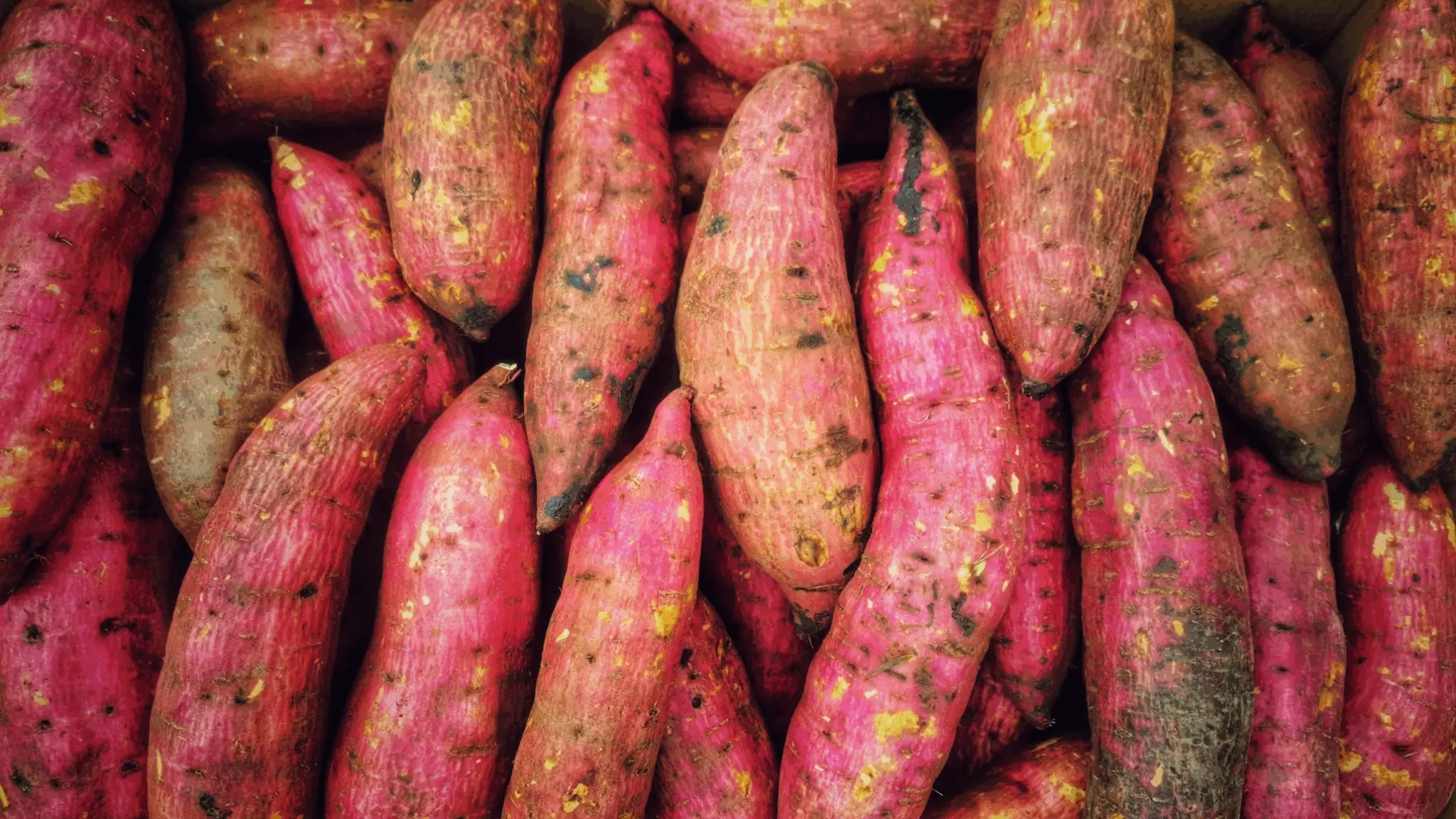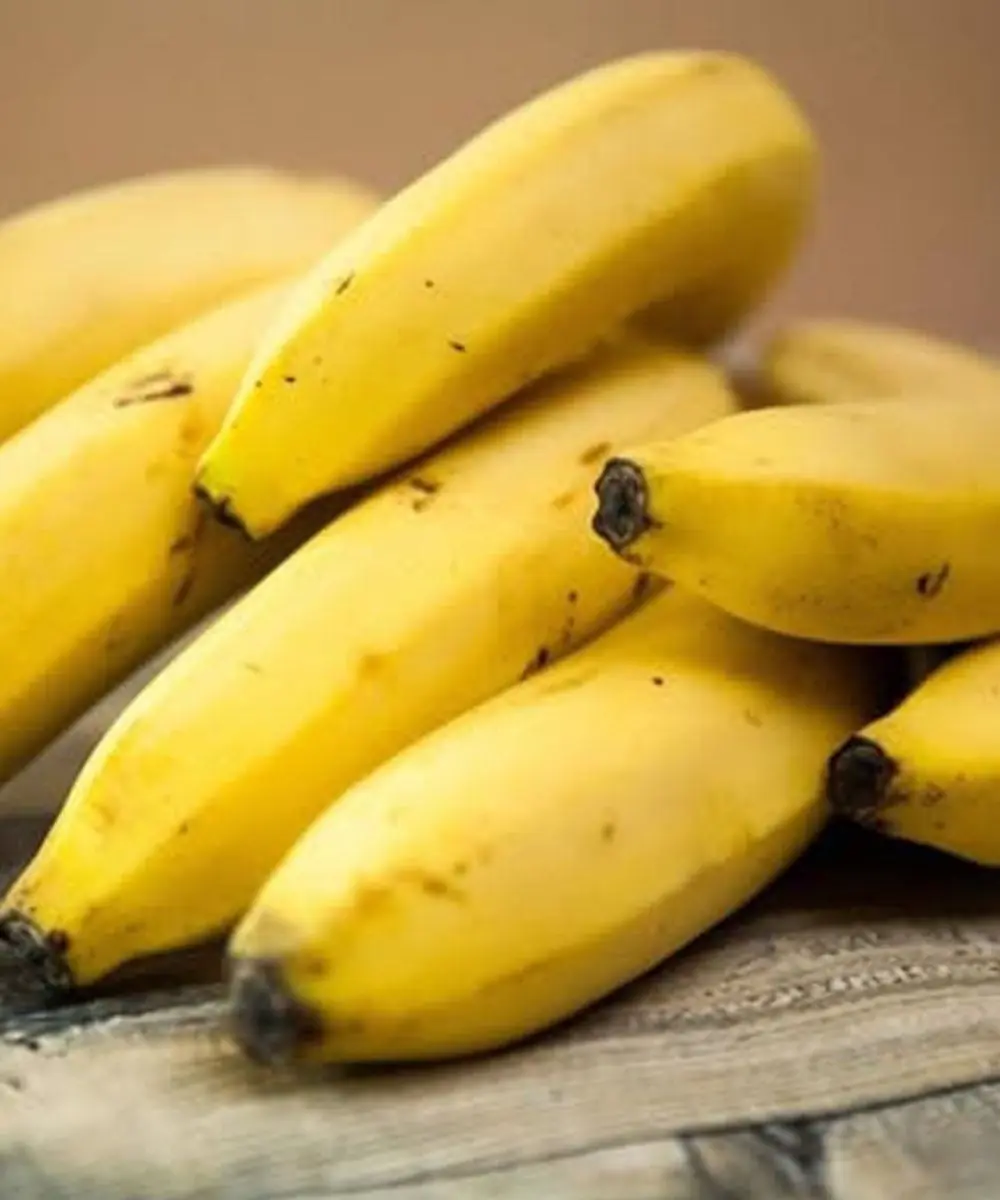
Top 10 Foods That Reduce Your Uric Acid Levels
High uric acid levels—also known as hyperuricemia—can contribute to a range of health problems, including gout, kidney stones, and joint inflammation. Uric acid is produced when the body breaks down purines, substances found in certain foods and naturally in your body. When uric acid builds up faster than the kidneys can remove it, crystals may form in the joints, leading to painful flare-ups.
The good news? A balanced diet that includes the right foods can help you control and lower uric acid levels. Below are 10 science-backed foods that support your body’s natural ability to eliminate uric acid and promote overall wellness.
1. Cherries
Cherries are one of the most recommended fruits for managing uric acid levels. Rich in antioxidants, especially anthocyanins, cherries have powerful anti-inflammatory properties. Research has shown that eating cherries or drinking cherry juice can significantly reduce the frequency of gout attacks and lower uric acid levels. They also help protect joint tissues from oxidative stress.
2. Citrus Fruits (Oranges, Lemons, Grapefruits)
These fruits are excellent sources of vitamin C, which has been shown to reduce serum uric acid levels by boosting kidney function and enhancing uric acid excretion. A daily intake of citrus fruits can also help alkalize the body, reducing the chances of uric acid crystal formation.
3. Apples
Apples contain malic acid, which may help neutralize uric acid and support its elimination. They are also high in fiber and antioxidants that assist in reducing inflammation and improving digestive health. A simple apple a day can gently support your body’s detox process without increasing purine load.
4. Bananas
Bananas are low in purines and high in potassium, which is essential for kidney function and helps the body excrete uric acid efficiently. Potassium also helps maintain the acid-base balance in the body, preventing crystal formation in the joints.
5. Low-Fat Dairy Products
Milk, yogurt, and cheese (preferably low-fat) contain casein and lactalbumin—proteins that promote uric acid excretion. In addition, low-fat dairy is a good source of calcium and vitamin D, both of which may play a role in reducing the risk of gout and supporting bone health.
6. Whole Grains
Whole grains such as brown rice, oats, quinoa, and barley are fiber-rich foods that aid digestion and assist in the removal of waste products, including uric acid. Unlike refined grains, whole grains don’t spike insulin levels, which can indirectly affect uric acid balance.
7. Leafy Green Vegetables
Greens like spinach, kale, arugula, and lettuce are packed with vitamins A, C, and K, as well as folate and fiber. They have a low purine content and help detoxify the liver and kidneys. Antioxidants in leafy greens can also help reduce systemic inflammation, supporting healthier joints.
8. Berries (Strawberries, Blueberries, Raspberries)
Berries are bursting with vitamin C and polyphenols that help lower inflammation and combat oxidative stress. They also support immune function and may reduce the frequency of joint pain or swelling associated with high uric acid.
9. Ginger
Ginger is a natural anti-inflammatory root that helps reduce uric acid levels and alleviate gout symptoms. Whether you drink it as tea, include it in meals, or consume it raw, ginger promotes better digestion and enhances the kidneys’ ability to excrete toxins, including uric acid.
10. Water
While not a food, water is the most essential component in managing uric acid levels. Staying well-hydrated helps your kidneys flush out uric acid more effectively. Aim for 8–10 glasses of water per day, more if you're physically active or live in a hot climate.
✅ Conclusion: Eat Smart, Live Pain-Free
Managing uric acid levels naturally involves both limiting high-purine foods and supporting your body’s ability to eliminate waste. Incorporating the foods listed above can significantly lower your risk of gout and related conditions. Remember:
-
Choose whole, unprocessed foods.
-
Stay hydrated.
-
Reduce intake of red meat, alcohol, and sugary drinks.
For best results, consult with a healthcare provider or nutritionist, especially if you have a history of gout or kidney issues. By making thoughtful dietary changes, you’re not just lowering your uric acid—you’re investing in your long-term health and well-being.
News in the same category


If Your Kidneys Are in Danger, Your Body Will Send You These 8 Signals — Don’t Ignore Them

The Surprising Effects of Avocado on Your Heart and Brain

Natural Remedy for Cataracts and Eye Inflammation: Restore Your Vision Naturally

Unlock the Golden Magic of Corn Silk Tea

9 Powerful Home Remedies to Get Rid of Fungal Infection (Daad, Khaj, Khujli) Fast

7 Shocking Health Benefits Of Eating Sweet Potatoes Every Day — According To Science

About 15 Minutes Before a Stroke, the Body Often Sends 4 Clear Warning Signs — Call Your Loved Ones Immediately

Hidden Dangers in Your Mouth: Early Signs of Oral Cancer

The Secret Power Of The Herb That Helps You Age Gracefully

The Unexpected Benefits of Eating Chicken Feet

If You See Someone with “Blue Veins,” Tell Them This — It Could Save Their Life

The Secret Power of Two Eggs a Day: Could This Simple Habit Transform Your Health? Buy vitamins and supplements

Man Passed Away After Eating Eggs — Stop Eating Eggs This Way Immediately

8 Foods That Fight Tumors — Eat Them Regularly

Does Eating Bananas Before Bed Have Any Benefits?

The Tongue as a Health Indicator: Meaning of a Whitish Color

Benefits of Boiled Eggs: Nutrition and Healthy Recipes

5 early warning signs of cervical cancer

7 Innocent Mistakes That Get Your Kidneys in Big Trouble
News Post

WHAT HAPPENS WHEN WE TONGUE KISS…See more

Nature’s Secret: 4 Healing Leaves That Support Metabolism, Immunity & Circulation Naturally

Don’t Drink Coconut Water Before You Know These 11 Secrets!

Pumpkin Seed Milk — The Natural Parasite Cleanser

Fast Rice Water Trick for a Brighter Smile

Morning Drink to Revive Your Kidneys Fast

The Onion Recipe That Could Transform Your Blood Sugar, Support Cleaner Arteries, and Protect Your Heart!

Top 4 Fruits That Help Your Kidneys Flush Out Toxins While You Sleep

Ginger, Clove, and Honey: The Natural Trio Your Body Will Thank You For

Heal 15 Years of Joint Pain Naturally with Turmeric and Honey Tea

This Juice Revived My Grandma’s Energy — Say Goodbye to Fatigue and Body Pain with This Natural Recipe

The Benefits of Eating 2 Boiled Eggs Every Morning: Transform Your Health!

If Your Kidneys Are in Danger, Your Body Will Send You These 8 Signals — Don’t Ignore Them

The Surprising Effects of Avocado on Your Heart and Brain

Ways to Get Over a Man Who Didn’t Value You

I’m 66 but Look 36 — My Secret? Aloe Vera & Ginger for Firm, Smooth Skin

How to Make Okra Water to Treat 17 Health Problems Naturally

Banana and Egg Mask to Look Younger Even in Your 80s

Scent Leaf Secrets Unveiled: 10 Surprising Health Benefits of This Miracle Herb
